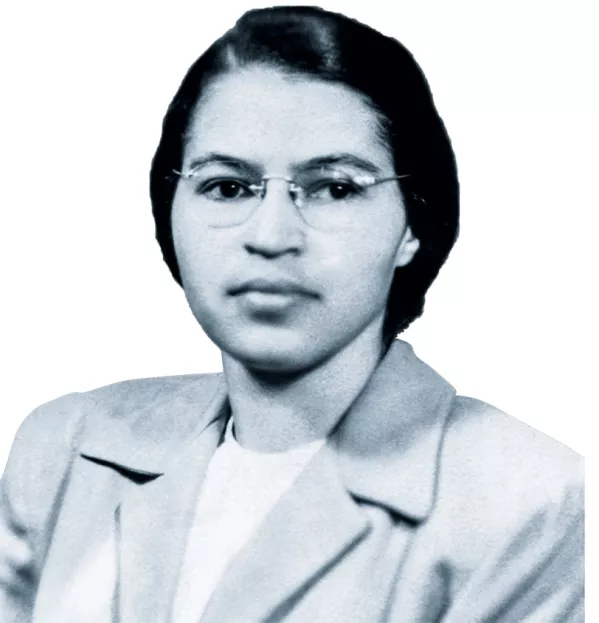Racism: Without BAME teachers, all we have is tokenism

The racism that hits the headlines is usually lurid, visceral and deadly. Yet, it is also dangerously reassuring: we gaze aghast at an act of brutality and see the perpetrators as outliers, people unlike us.
Most racism, in truth, is insidious and largely unnoticed. Less overt forms of racism were explored by three experts who recently featured in Tes Scotland, and their comments resonate all the more given events of the past few weeks.
Teachers from black, Asian and minority- ethnic (BAME) backgrounds are often frightened to complain about racism, said teacher and University of the West of Scotland academic Khadija Mohammed (“Teachers ‘too scared’ to talk about racism”, 19 February). She interviewed teachers who did not feel they could even approach their headteacher because they would lose all chance of promotion.
Mohammed found that BAME pupils and teachers felt “othered” by a multitude of slights: the teachers who did not bother to get a child’s name right; the colleagues who suddenly stopped talking when a BAME teacher walked into a room; the little jokes about struggling to understand a teacher’s accent; the staff over-eager to hear a BAME teacher’s take on the latest terrorist attack.
Nuzhat Uthmani, a primary teacher and EIS teaching union representative, wrote about how, following the cancellation of exams after Covid-19 hit Scotland, it was essential that the alternative system of grading students addresses unconscious bias (“How do we ensure fair grades for BAME students?”, 22 April). She worried that attempts to combat prejudice were often tokenistic and did not change things fundamentally. A local authority might offer race-equality training, for example, but she seldom met any teachers who had completed such training.
Professor Rowena Arshad, who became the first BAME head of a Scottish university’s school of education in Scotland in 2013, made similar points (“Use the school curriculum to tackle racism”, 21 October). Arshad said the best thing about Scottish education was its “passion for social justice and fairness and human rights and humanity”. However, she also said schools could do much more: it was not enough to challenge overt racism, such as name calling - you had to tackle the narrowness of curricula, too.
Arshad wondered how many pupils had heard of virtuoso violinist Chevalier de Saint-Georges - the first known classical composer of African ancestry, who played for Marie Antoinette - or of African-American Charles R Drew, a pioneer in blood transfusions who helped save thousands of Allied soldiers during the Second World War.
In “decolonising the curriculum”, those were just two of countless luminaries pupils could learn about. Antiracism education, for Arshad, is about more than encouraging children to be kind and see beyond people’s skin colour: it demands reappraisals of the very foundations of what they are taught, so that BAME lives, experiences and achievements are brought in from the margins.
That means changing the stories we tell ourselves about our country, in classrooms and far beyond the school gates. This impulse has this month led to campaigners adding new plaques to those streets of central Glasgow named after slave traders and plantation owners, honouring instead figures such as Rosa Parks and George Floyd.
In schools, Mohammed wants to see more teachers from BAME communities, which national statistics show are under-represented. “Just the very presence of having a BAME teacher in a classroom can absolutely break down barriers and negative stereotypes that young people might have acquired from the home, from the media,” she said.
This much is clear when it comes to racism: if you want to change the stories pupils hear, you need new storytellers.
@Henry_Hepburn
This article originally appeared in the 12 June 2020 issue under the headline “Time’s up on tokenism - now is our chance to root out racism”
You need a Tes subscription to read this article
Subscribe now to read this article and get other subscriber-only content:
- Unlimited access to all Tes magazine content
- Exclusive subscriber-only stories
- Award-winning email newsletters
Already a subscriber? Log in
You need a subscription to read this article
Subscribe now to read this article and get other subscriber-only content, including:
- Unlimited access to all Tes magazine content
- Exclusive subscriber-only stories
- Award-winning email newsletters